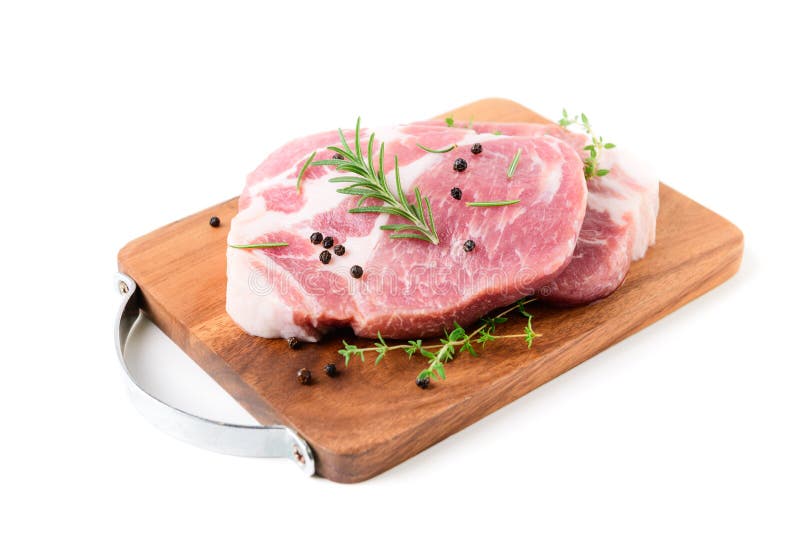The Versatile Uses Of Rosemary & Thyme: From Garden To Plate

Table of Contents
Cultivating Rosemary and Thyme: A Gardener's Guide
Growing your own rosemary and thyme is surprisingly easy and rewarding, bringing the fresh, vibrant scent of these herbs directly to your doorstep.
Choosing the Right Variety
The world of rosemary and thyme offers a delightful array of varieties, each with its unique characteristics and ideal growing conditions. Selecting the right type for your garden depends on your space, climate, and culinary preferences.
- Prostrate Rosemary: This low-growing variety is perfect for ground cover, requiring minimal maintenance. Its sprawling nature makes it ideal for edging pathways or cascading over walls.
- Upright Rosemary: Reaching for the sun, upright rosemary varieties are excellent choices for containers or borders. They produce abundant flowers, adding a beautiful visual element to your garden, while also providing ample leaves for culinary use.
- Lemon Thyme: A vibrant addition to any herb garden, lemon thyme offers a zesty citrus aroma and flavor, making it a delightful choice for teas, desserts, and savory dishes. Its compact growth habit makes it suitable for containers or rock gardens.
- Creeping Thyme: Known for its spreading habit, creeping thyme is a fantastic choice for rock gardens, pathways, or areas needing ground cover. Its delicate leaves release a wonderfully fragrant aroma when walked upon.
Planting and Care
Rosemary and thyme thrive in similar conditions, making them ideal companions in the garden. Providing the right environment ensures healthy growth and an abundant harvest.
- Sunlight: Both herbs prefer full sun, at least six hours of direct sunlight daily.
- Soil: Well-drained soil is crucial to prevent root rot. Amend heavy clay soils with compost to improve drainage.
- Watering: Water regularly, especially during dry spells, but avoid overwatering, which can lead to fungal diseases. Allow the soil to dry slightly between waterings.
- Fertilizing: These herbs are relatively low-maintenance and don't require heavy fertilization. A light application of balanced fertilizer in spring is usually sufficient.
- Pest and Disease Control: Rosemary and thyme are generally pest-resistant. Good air circulation and proper watering help prevent fungal diseases.
Culinary Delights: Rosemary and Thyme in the Kitchen
Rosemary and thyme's aromatic profiles add depth and complexity to a wide array of dishes. Their robust flavors pair beautifully with meats, vegetables, and even baked goods.
Rosemary Recipes
Rosemary's piney, slightly camphoraceous flavor complements many dishes.
- Roasted Rosemary Chicken: A classic combination of succulent chicken roasted with fresh rosemary sprigs, garlic, and lemon.
- Rosemary and Garlic Potatoes: Crispy roasted potatoes tossed with fresh rosemary, garlic, and olive oil.
- Rosemary Infused Olive Oil: Elevate your cooking with this fragrant oil, perfect for drizzling over salads, pasta, or bread.
- Rosemary Focaccia Bread: A wonderfully fragrant bread with rosemary adding both flavor and aroma.
Thyme's Culinary Applications
Thyme's subtle, earthy flavor lends itself to a variety of cuisines.
- Classic Thyme Chicken Roast: A simple yet elegant roast chicken infused with the savory flavor of thyme.
- Creamy Thyme Mushroom Soup: Thyme enhances the earthy flavors of mushrooms in this rich and comforting soup.
- Thyme-Infused Honey: Drizzle this flavorful honey over grilled meats or use it as a sweetener in baked goods.
- Thyme and Lemon Marinade: A zesty marinade perfect for fish or chicken, offering both flavor and tenderness.
Beyond the Kitchen: Other Uses of Rosemary and Thyme
The benefits of rosemary and thyme extend beyond culinary uses; these versatile herbs offer a range of applications in beauty and home care.
Medicinal Properties
While not a substitute for medical advice, both rosemary and thyme have been traditionally used for their potential health benefits. Always consult with a healthcare professional before using herbs for medicinal purposes.
- Antioxidant Properties: Both herbs are rich in antioxidants, which help protect cells from damage caused by free radicals.
- Potential Anti-inflammatory Effects: Some studies suggest potential anti-inflammatory properties, although more research is needed.
- Traditional Uses in Aromatherapy: Both rosemary and thyme essential oils are used in aromatherapy for their potential relaxing and invigorating properties.
Rosemary and Thyme in Beauty and Home
These aromatic herbs can also enhance your beauty and home routines.
- Rosemary Hair Rinse for Shine and Growth: A rosemary rinse can add shine and luster to your hair.
- Thyme Essential Oil for Relaxation: Thyme essential oil is sometimes used in aromatherapy blends to promote relaxation.
- Rosemary and Thyme Potpourri for a Fresh Scent: Create a fragrant potpourri to freshen up your home naturally.
Conclusion
From the garden to the plate, and even into your beauty routine, rosemary and thyme offer a world of versatile applications. Their ease of cultivation, coupled with their diverse culinary and non-culinary uses, makes them valuable additions to any home. Start your own herb garden today and unlock the incredible versatility of rosemary and thyme. Discover the endless possibilities these aromatic herbs offer, from your garden to your plate!

Featured Posts
-
 Receta Facil De Carcamusas El Sabor De Toledo En Tu Mesa
May 31, 2025
Receta Facil De Carcamusas El Sabor De Toledo En Tu Mesa
May 31, 2025 -
 Megarasaray Hotels Acik Turnuvasi Bondar Ve Waltert Ciftler Sampiyonu Oldu
May 31, 2025
Megarasaray Hotels Acik Turnuvasi Bondar Ve Waltert Ciftler Sampiyonu Oldu
May 31, 2025 -
 Open Ai Unveils Streamlined Voice Assistant Development At 2024 Conference
May 31, 2025
Open Ai Unveils Streamlined Voice Assistant Development At 2024 Conference
May 31, 2025 -
 Vet Fees Under Scrutiny Watchdog Explores Price Caps And Comparison Sites
May 31, 2025
Vet Fees Under Scrutiny Watchdog Explores Price Caps And Comparison Sites
May 31, 2025 -
 New Study Highlights Positive Impacts Of Tulsas Remote Worker Program
May 31, 2025
New Study Highlights Positive Impacts Of Tulsas Remote Worker Program
May 31, 2025
